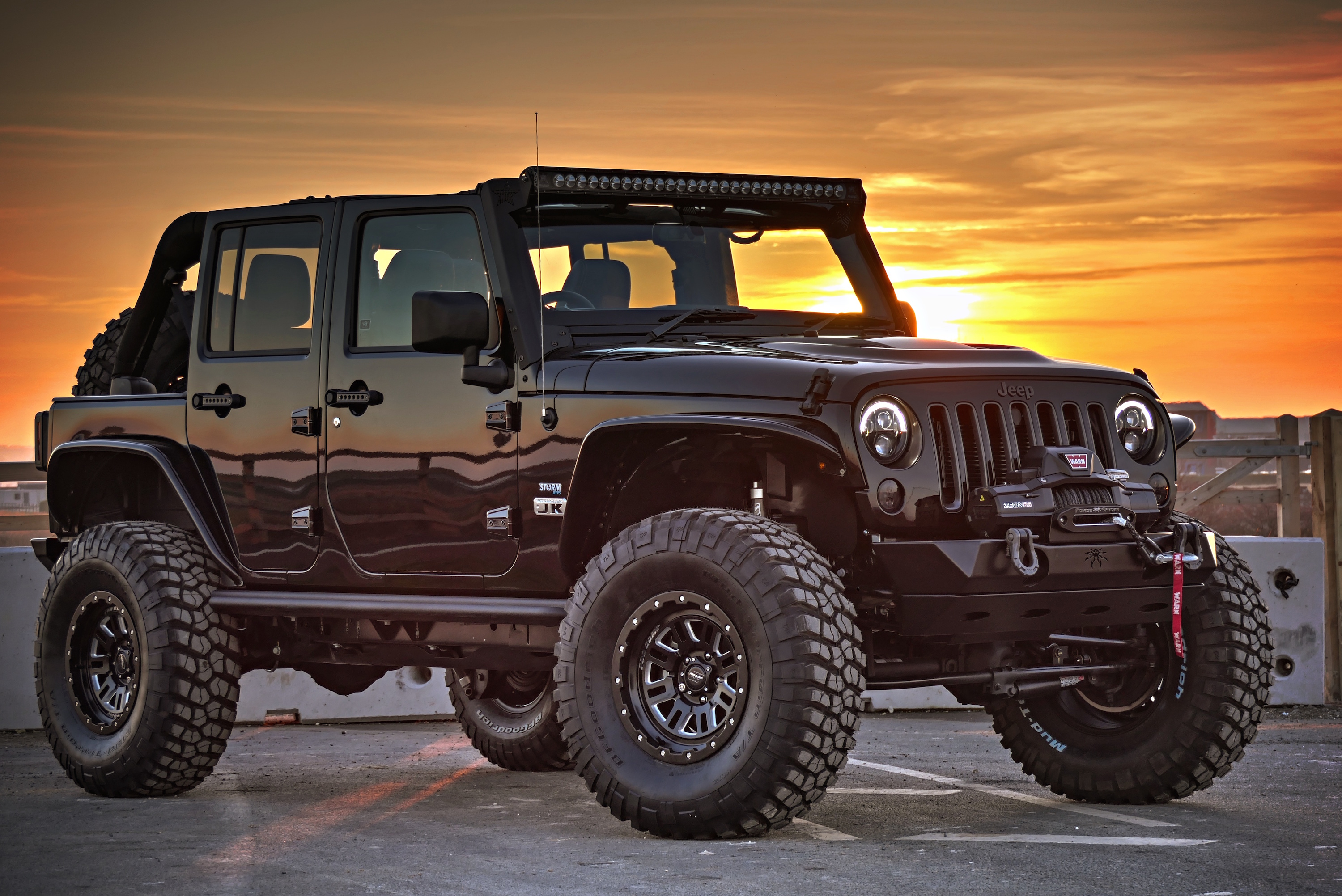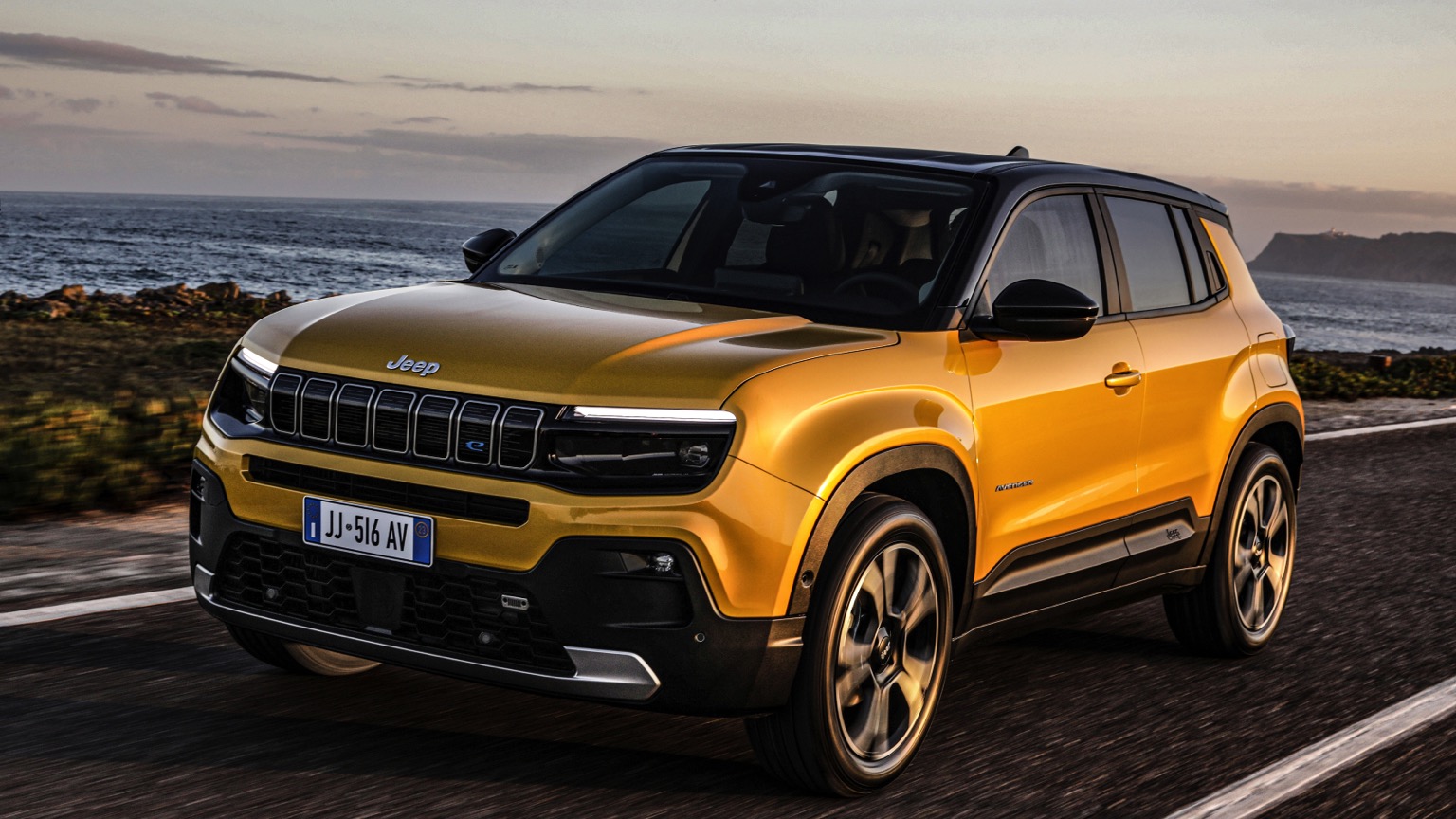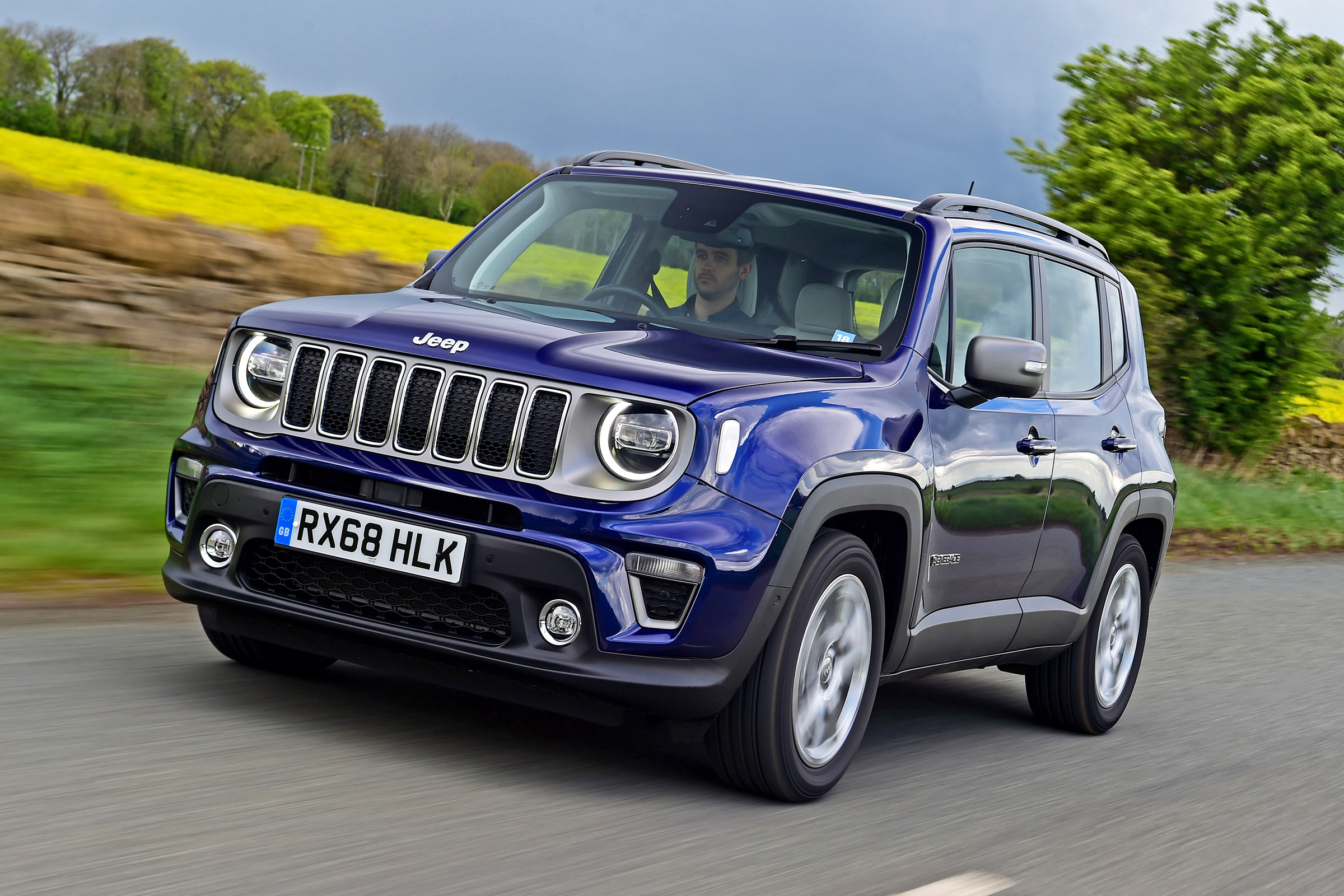For Jeep Wrangler enthusiasts, every journey is an adventure, and the sound of a well-tuned exhaust system is music to their ears. The right exhaust system can enhance performance, improve fuel efficiency, and provide that distinct growl that turns heads on and off the road. However, with an overwhelming number of options available, selecting the right exhaust can be daunting. This article will guide you through the process, helping you make an informed decision that complements your Jeep Wrangler’s unique personality.
Understanding the Importance of an Exhaust System
![]()
The exhaust system of your Jeep Wrangler serves critical functions, including:
- Performance Enhancement: A quality exhaust system can improve engine performance by reducing back pressure, allowing for better airflow.
- Sound Quality: The right exhaust can provide a deep, throaty sound that enhances the driving experience.
- Fuel Efficiency: A well-designed exhaust system can lead to improved fuel efficiency by optimizing engine performance.
- Weight Reduction: Aftermarket exhaust systems are often lighter than stock options, contributing to better handling and performance.
Types of Exhaust Systems

When choosing an exhaust system for your Jeep Wrangler, it’s crucial to understand the different types available:
- Cat-Back Exhaust Systems: These systems replace the exhaust from the catalytic converter back, providing significant performance improvements and sound enhancements.
- Axle-Back Exhaust Systems: These replace the exhaust from the rear axle back, offering a less extensive upgrade while still improving sound and performance.
- Header Systems: These replace the stock exhaust manifolds and are designed to improve exhaust flow and performance significantly.
- Turbo-Back Exhaust Systems: These include everything from the turbocharger back and are typically used for turbocharged engines to maximize performance.
Sound Levels and Tone: What to Consider

Sound is subjective, and different drivers prefer different exhaust notes. When selecting an exhaust system, consider the following:
- Sound Level: Exhaust systems are typically rated by their sound level, measured in decibels (dB). Some systems offer a mild tone for daily driving, while others provide a loud, aggressive roar.
- Sound Quality: Look for systems that produce a deep, resonant tone rather than a high-pitched sound, which can be unpleasant.
- Drone Levels: Some systems may have unwanted resonance (drone) at certain RPMs, which can be distracting during long drives.
Material Matters: Choosing the Right Components

The material of your exhaust system can significantly affect its performance and durability. Common materials include:
- Stainless Steel: Known for its durability and resistance to rust, stainless steel is the most popular choice for aftermarket exhaust systems.
- Aluminized Steel: A more budget-friendly option, aluminized steel offers decent durability but may rust over time, especially in harsh climates.
- Titanium: Although expensive, titanium is lightweight and extremely durable, making it a premium choice for performance enthusiasts.
Performance Factors: What to Look For
When shopping for an exhaust system, pay attention to the following performance factors:
- Horsepower and Torque Gains: Many manufacturers provide dyno results showing the expected gains in horsepower and torque.
- Fit and Finish: Ensure that the exhaust system is designed specifically for your Jeep Wrangler model to guarantee a proper fit.
- Ease of Installation: Some exhaust systems are bolt-on, while others may require welding or modification, impacting installation time and cost.
Case Studies: Real-World Experiences
Exploring real-world experiences can provide valuable insights into the impact of exhaust systems. Here are a few case studies from Jeep Wrangler owners:
- John’s 2019 Jeep Wrangler: John installed a cat-back exhaust system from a reputable brand and reported a 15% increase in horsepower, along with a pleasing deep rumble that turned heads on the trail.
- Sarah’s 2020 Jeep Wrangler: Sarah opted for an axle-back system for a budget-friendly upgrade. While she noticed a minor performance boost, the most significant change was the enhanced sound, which made her daily commutes much more enjoyable.
- Mark’s 2018 Jeep Wrangler: Mark invested in a high-end stainless steel system and experienced not only improved performance but also found it lighter than his stock exhaust, contributing to better fuel efficiency.
Statistics: The Impact of a Good Exhaust System

Studies and surveys indicate that a quality exhaust system can lead to noticeable improvements in various performance metrics:
- Fuel Efficiency: According to a study by the Specialty Equipment Market Association (SEMA), aftermarket exhaust systems can improve fuel efficiency by up to 2% to 10%.
- Performance Gains: Many Jeep Wrangler owners report gains of 10-20 horsepower with aftermarket exhaust systems, depending on the brand and type.
- Customer Satisfaction: A survey revealed that 85% of Jeep owners who installed an aftermarket exhaust system reported being satisfied with their purchase.
Making the Right Choice: Tips for Selecting Your Exhaust
Choosing the right exhaust system for your Jeep Wrangler involves careful consideration of your driving style, budget, and desired sound. Here are some tips to help you make the best choice:
- Define Your Goals: Determine whether you want improved performance, enhanced sound, or both.
- Set a Budget: Aftermarket exhaust systems can range from affordable to high-end; establish a budget before shopping.
- Research Brands: Look for reputable brands known for quality products and customer service.
- Read Reviews: User reviews can provide insights into the performance and sound quality of specific exhaust systems.
- Consult Experts: Don’t hesitate to ask for advice from automotive professionals or Jeep forums to find the best fit for your needs.
Choosing the right exhaust system for your Jeep Wrangler is not just about enhancing performance; it’s about creating an auditory experience that embodies adventure. By understanding the types of exhaust systems, considering sound levels, and evaluating materials, you can make an informed choice that suits your driving style. Real-world experiences and statistics illustrate the tangible benefits of aftermarket exhaust systems, making them a worthy investment for any Jeep enthusiast. Ultimately, the right exhaust system will not only improve your Jeep’s performance but also amplify the thrill of every adventure you embark on.